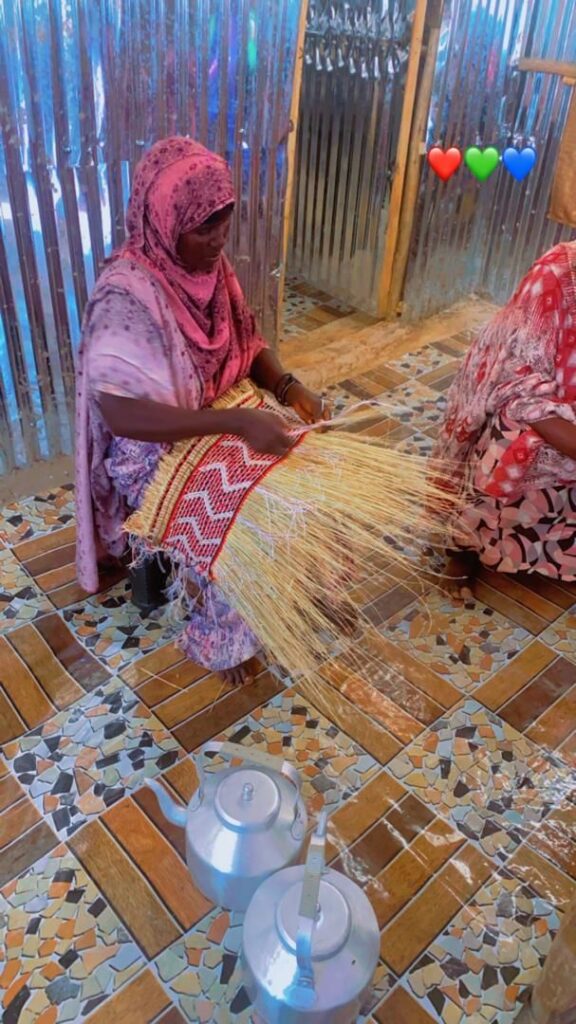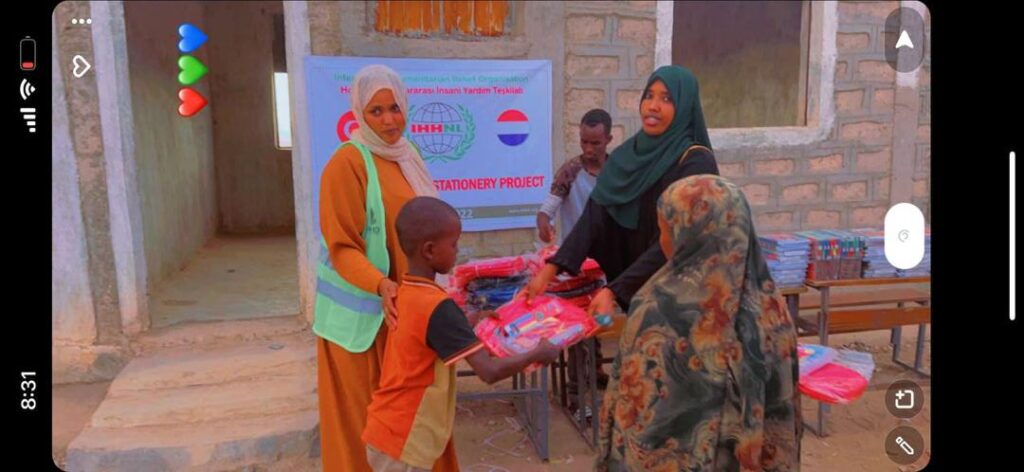Education is vital to the social and economic integration of future generations. WDRO places a significant focus on this sector to ensure that children affected by conflict can continue to pursue their education. WDRO intends to continue supporting education interventions in Somalia as the country scores extremely low on education indicators. WDRO strives to provide Educationprograms including teacher training programs, construction, rehabilitations of school’s infrastructure, building libraries, providing books and classroom furniture to under-resourced schools, and promoting equal access to education and thus empower youth through service learning and leadership training to become active in their communities and act as agents for change.
WDRO is also implementing education projects focusing on expanding access to safe education by reducing the barriers that keep pastoralists and agro-pastoralist children out of school through both formal and non-formal education.
Support is provided to allow children to enroll into schools free of charge and to recruit and retain teachers. Similarly, safe drinking water, and child hygiene promotion through WASH clubs and campaigns are provided to prevent the spread of cholera, COVID-19 and other diseases. Adolescent girls are provided with feminine hygiene kits and menstrual hygiene management information in all targeted schools. Psychosocial support for the most vulnerable children and adolescents, including children with disabilities are also provided.


Water, Sanitation and Hygiene-WASH
This program is aimed at contributing to the right to life and security, it aims to assist drought and conflict affected IDPs and host communities spread over the Somali region in Ethiopia. Interventions in this sector focus on the provision of safe water, sanitation facilities and hygiene promotion distribution of Non-Food Items (NFIs) and skills training.


Leave a Reply